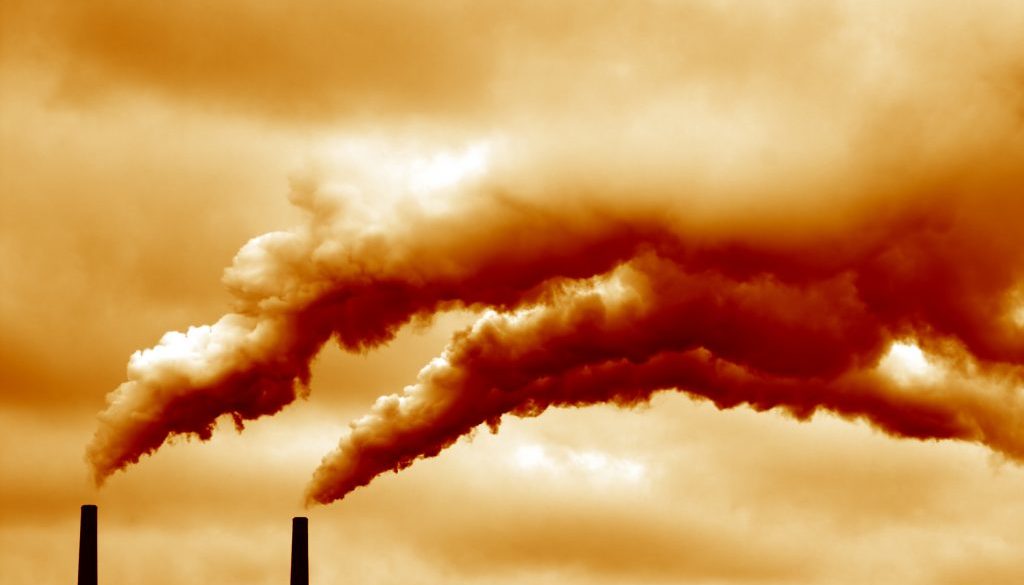We’re Learning More About the Health Harms of Air Pollution
By Kim Knowlton and Vijay Limaye, Natural Resources Defense Council
Inhaling polluted air causes physical and mental harms. We all know that air pollution hurts our lungs, but a new review of the science highlights evidence of more far reaching effects—including on our mental health.
This research synthesis shows that exposures to air pollution reduce self-reported happiness and life satisfaction and increase anxiety symptoms. Moreover, air pollution has been associated with reported increases in depression, schizophrenia, and autism. Breathing in polluted air may also increase risks of substance abuse, self-harm, and even suicide, especially among men. Just as worrying, it can reduce cognitive functioning and limit our quality of decision-making. Air pollution is also linked with more criminal behavior, both violent crimes like murder and assault, and property crimes like burglary and auto theft.
When air pollution levels are high, people limit their healthy outdoor activities and get less exercise. Some people spend money on face masks and air purifiers, and others contemplate migrating away from polluted regions. For those who stay put and cope with the effects of air pollution, work absenteeism increases, while work productivity decreases—including indoors. Piles of health studies tell us that exposure to air pollution also causes costly health problems like asthma attacks, heart disease, chronic obstructive pulmonary disease, and bronchitis. A recent NRDC-led research study indicates that Americans are already paying millions of dollars each year for medical care in hospitals and emergency rooms to treat health problems linked to air pollution.
So, this is what air pollution means for people: diminished mental and physical health, more risks of crime, less outdoor exercise, limited work productivity, and higher healthcare costs. And the major sources of outdoor air pollution, fossil fuels, are also worsening the climate crisis—threatening our health and well-being in serious ways. There are an estimated 64,000 premature deaths in the U.S. each year from air pollution. Let’s change that!
Expanded action on energy efficiency and an accelerated shift towards using cleaner, renewable energy sources can help us avoid the many serious and costly health problems caused by air pollution, and also mitigate climate change.
Think about the enormous opportunity of a world without air pollution. We could quickly begin to reverse harm to our minds and bodies because health improvements from reduced air pollution are observable within just weeks. We could reduce crime rates, enable more opportunities for healthy outdoor exercise, promote greater job productivity, and reduce healthcare expenditures. These are the clear wins of clean air.

